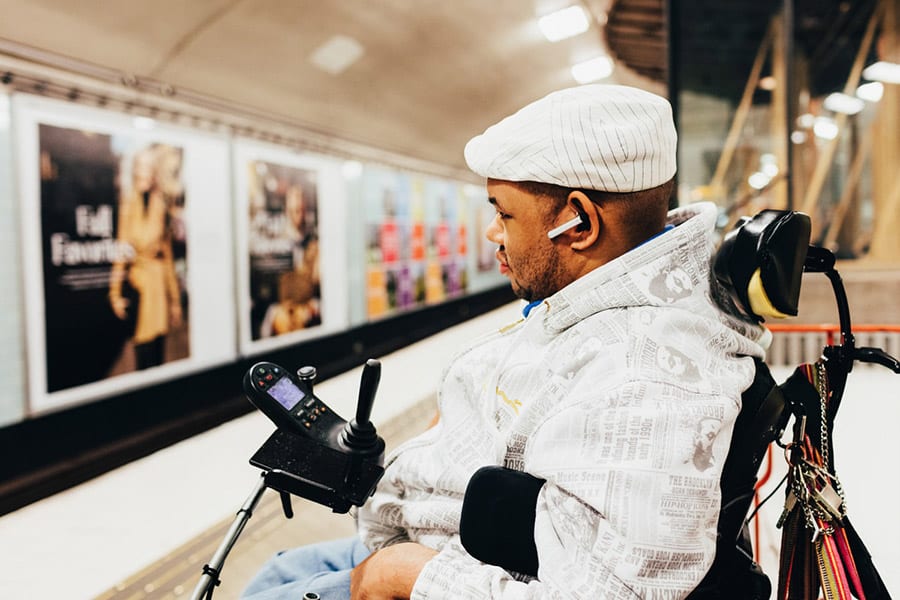Hundreds of assistive tech ideas submitted for competition for World Cerebral Palsy Day

People with cerebral palsy worldwide have come together to prove the demand for accessible technology by submitting hundreds of innovative technology ideas to mark World Cerebral Palsy Day today (6 October 2022).
Last month, organisers of World Cerebral Palsy Day announced a global competition, calling on people with cerebral palsy to submit ideas for accessible technology solutions.
The website has since garnered almost 400 ideas from over 40 countries around the world, with tens of thousands of votes flooding in from around the world.
Some of the interesting assistive technology ideas include a robotic assisted treadmill training programme as part of children’s rehabilitation programmes, a low-cost tool to improve a person’s gait, and a device that helps balance food and drinks when carrying them from one place to another.
Voting for the best accessible solution ends on 6 October 2022 at 11pm UTC/2pm BST.
One winning solution will be selected by the judging panel. The winner receives a $5,000 (USD) cash prize. The winner is announced via Facebook and contacted via email by 14 October 2022
Bronya Metherall, General Manager of Influence & Social Impact at Cerebral Palsy Alliance, commented: “There is a growing demand for accessible technology all over the world, but product designers and technology companies are mostly still fixated on seeing disability as a charitable cause. With this competition, we aimed to prove to the technology companies the demand and talent in disability markets.”
Some of the front-running ideas, as voted by the cerebral palsy community, are from India, Italy, Taiwan, Mexico, Canada, and Brazil.
Hannah Divney, a disability advocate with cerebral palsy, said: “People don’t realise that people living with cerebral palsy and other disabilities often have to hack everyday things to make them accessible for us. This was an opportunity to share our accessible hacks with the world.”
The ideas are being shortlisted by the community before being reviewed by a judging panel. The judging panel is composed of eight representatives with lived and professional expertise of cerebral palsy, medical research, biomedical engineering, accessible technology innovation, and marketing and communications of CPA.
World Cerebral Palsy Day was created by the Cerebral Palsy Alliance in 2012 and now brings together people with cerebral palsy, their families, allies, supporters, and organisations across more than 100 countries. The aim is to ensure a future in which children and adults with cerebral palsy have the same rights, access, and opportunities as anyone else in society.

